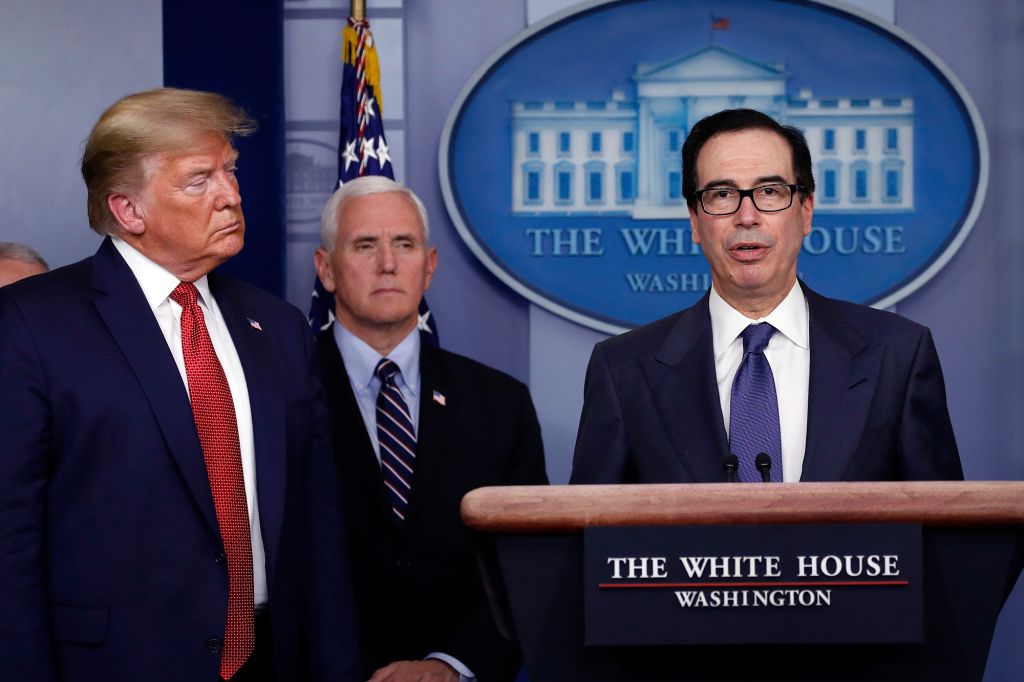
This course provides an integrated approach to understanding some of the basic themes of the global economy. A multidisciplinary perspective encompassing insights from the modern disciplines of history, sociology, politics, psychology, finance, and economics will be called upon to better understand and explain the process of globalization. The tension between market pressures to disperse or concentrate on various forms of economic activity and state efforts to enhance or resist those pressures is a theme that will run throughout. Whether markets are embedded within or autonomous from political institutions depends on the theoretical perspective employed. An introduction to the economic liberal, realist, and Marxist/alternative perspectives will provide an overview of the underlying issues and competing ideologies that shape the global political economy. The course will then consider issues conventionally associated with the study of the global economy including the political economy of international trade, the role of multinational corporations, international finance, and international development.
Course Learning Objectives:
- Evaluate the overall economic effects of globalization on global actors
- Explore ways in which globalization is conceptualized through different theoretical lenses, including liberal, realist, and Marxist to provide an economic overview of the underlying issues and competing ideologies that shape the global political economy.
- Analyze trade in the international political economy.
- Analyze finance in the international political economy.
- Analyze development in the international political economy.
- Analyze Multinational Corporations and Global Production Networks in the international political economy.


This was a highly engaging course and it definitely enhanced my analytical skills in terms of analyzing global systems, economics, politics, and finance. Much of the modern world can be explained by these three interdisciplinary intersections. After this course, I have a much better understanding of the effects of debt, monetary/fiscal policies, liquidity, interest rates, hedge/speculative financing, the psychology behind risks in finance, derivatives, and financial/political institutions.
In retrospect, this has overall improved my fundamental analyses of markets, companies, and individual equity holdings. Understanding the macroeconomic effects of policies is essential in fundamental analysis and this course certainly delivered in that regard.